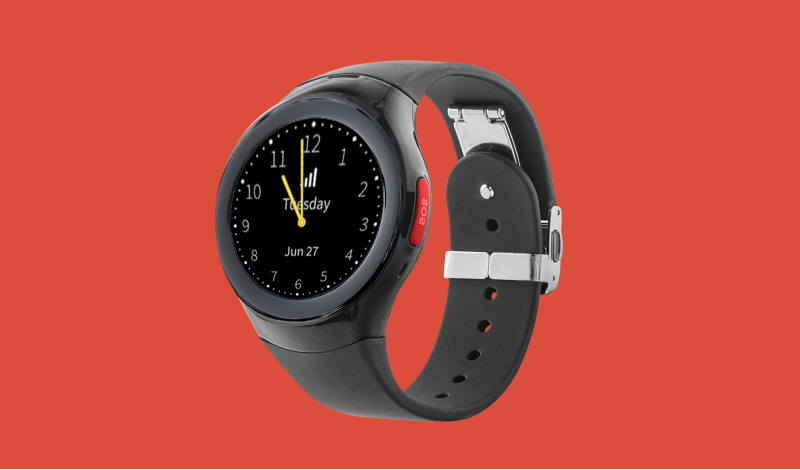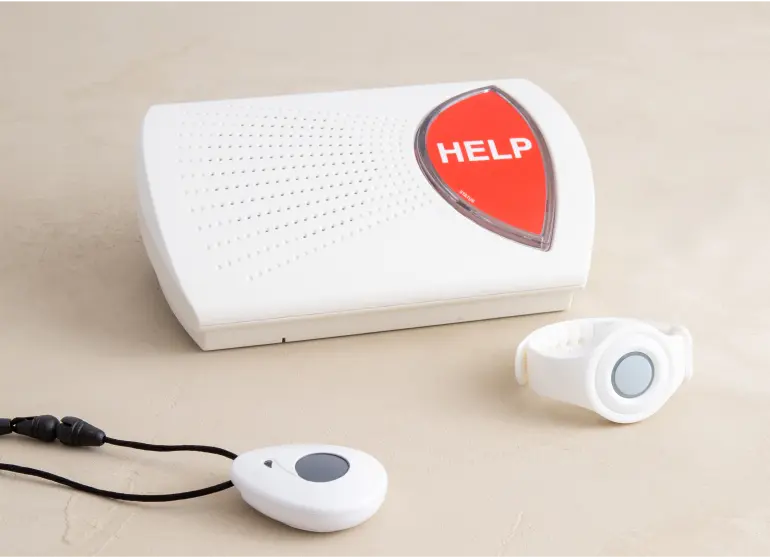As your loved one gets older, you might find yourself getting a bit more involved with their day-to-day life, routines, and medical care. Having that extra support can make a new diagnosis feel more manageable and make new instructions easier to follow. No matter if you are already accompanying your loved one to appointments or if you are just wanting to be sure you’re ready to advocate on their behalf when they need it, the first step is having crucial information on hand.


Here are a few of the items you should have accessible digitally or on paper so that you can expedite certain processes and be informed about your loved one’s wishes and care.
Social Security Number
Your loved one should know where their Social Security card is and have it readily accessible. You should also have their Social Security Number on hand so that you can assist with paperwork or other tasks. You can use an app like 1Password or your notes app (protect the note) to keep the information digitally. Or, consider purchasing a notebook dedicated to your loved one’s information that you keep locked in a drawer. Add their Social Security Number to the details you write there.
Medicare Number and Policy Information
If your loved one is over the age of 65, they likely have some type of Medicare. They will have a Medicare card and should keep that on hand. You should also keep a copy of their card in a designated folder or notebook and their unique Medicare number. If you are the healthcare Power of Attorney, or if you are a family caregiver who helps out with setting up medical appointments, it can also be helpful to have general information about what their Medicare policy covers.

There are different parts of Medicare, including A, B, D, and Medigap. Your loved one will not necessarily have all of these parts, so be sure you understand what Medicare parts your loved one carries and what those parts cover – and don’t cover.
Long-Term Care Insurance Policy
Some seniors carry a long-term care insurance policy. If your loved one does, have a copy of their benefits in your information notebook. This can come in handy if they need short or long-term care in a skilled nursing or assisted living community.


It is also helpful to have the phone number of the insurance company so that you don’t have to look through paperwork to find it when you need it.
Current List of Medications (Prescribed, OTC, and Supplements)
Most older adults take at least one prescribed medication daily, and many take more than one along with over-the-counter medicines and supplements. While your loved one’s primary care physician holds comprehensive information about medications, things can get more complicated as your loved one begins seeing different specialists.
Make a recurring task alarm on your calendar to pull a complete list of medications for your loved one every 6 months. You can get this from their pharmacy to ensure the list is correct. Include any OTC medications and supplements they take on a regular basis, including dose.
List of Medical Diagnoses
Again, your loved one’s primary care physician will have their complete medical history in their chart. However, it can be quite helpful for you to have a list of their current medical diagnoses handy in your notebook or app so that you can give that information as you set up appointments or follow-ups. It can also be helpful for you as you research more about any new diagnoses that you might not understand.

Copies of Advance Directives
Advance Directives are documents that express the wishes and preferences of a person. Advance Directives can include a Living Will, Power(s) of Attorney designation, and a Do Not Resuscitate (DNR) order if applicable.
Your loved one should have the originals of these documents in a safe or other designated area. You should have copies and should update those copies if the documents are updated.
Contact Information for Medical Team Members
As your loved one begins to see specialists, physical therapists, and other medical professionals, it can get more difficult to remember the names or contact information for each of these new experts. Keep a list of each professional’s name, their title (Primary Care Physician, Rheumatologist, Physical Therapist, etc.), their office address, and telephone number. It can also be very helpful to have the web address for any patient portal associated with each office, especially if your loved one is seeing professionals who operate out of different hospital systems.

Other Notes for You
Keeping track of your loved one’s medications, physicians, and documents can help make things a bit easier on you during times of medical crisis or during ordinary appointments. Remember, you can keep notes on anything that helps you so that you don’t have to rely on your memory. For example, you might want to write down your loved one’s allergy to latex or the fact that the last time they took a certain medication, they had a strange side effect. It might be helpful for you to jot down the address of their church or their favorite diner since you always have to look it up when you schedule their transportation for the month.

The notes you take can help you feel empowered and confident that you are giving all the information you have when you call to set up appointments, and transportation services, or accompany your loved one to their next follow-up.















